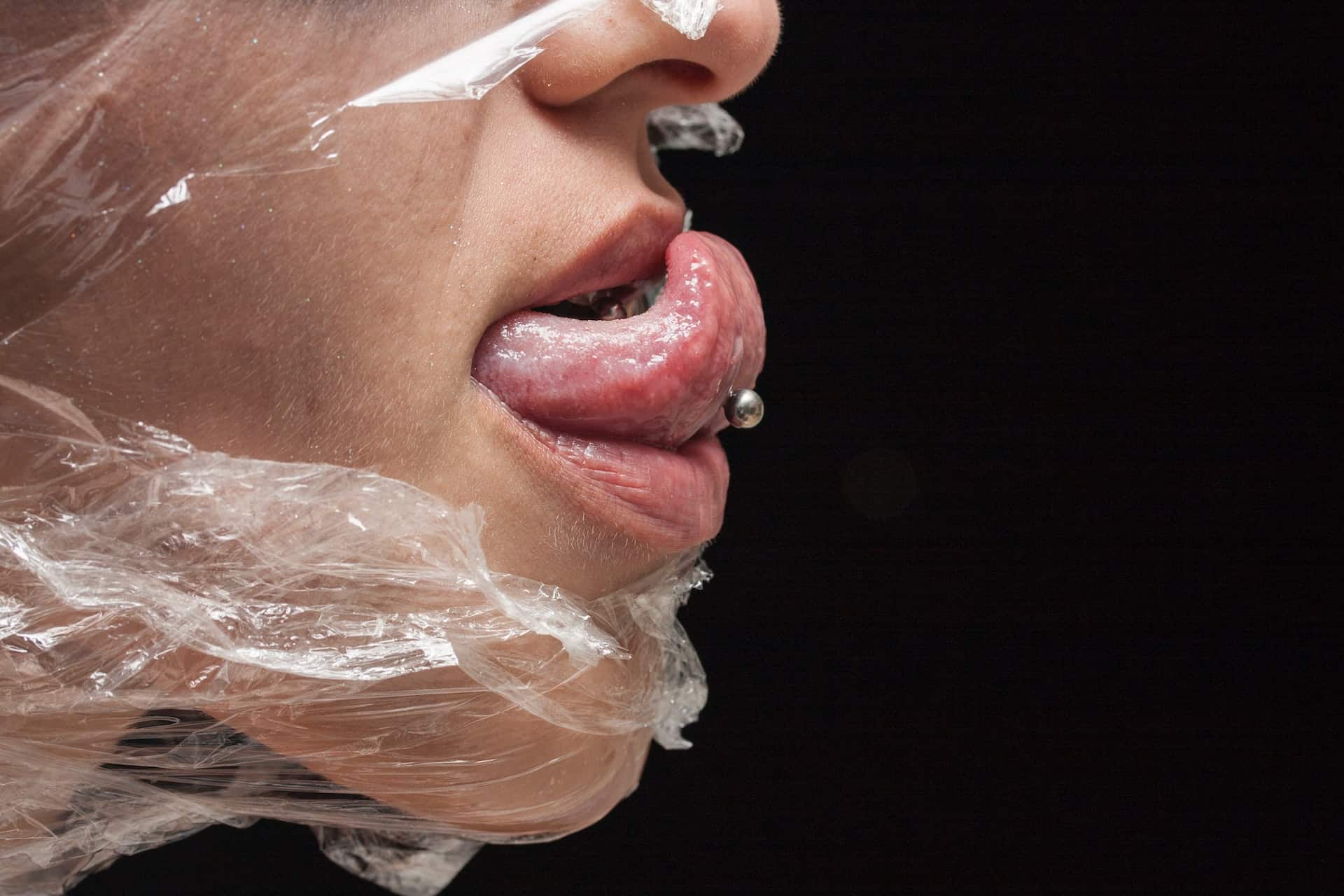Brake calipers can get up to 200 Degrees Fahrenheit in normal driving conditions. They rarely reach the safe driving threshold of 330 Degree Fahrenheit.
Generally, brake calipers get up to 200 Degrees Fahrenheit hot. But under heavy street conditions, the temperature can easily exceed that.
330 Degrees Fahrenheit is considered the safe threshold for the calipers, even if they rarely get this hot on the road.
On the other hand, brake calipers have reached more than 500 Degrees Fahrenheit on racetracks.

Are Brake Calipers Supposed to Get Hot?
When you apply the brake on your vehicle, the brake pad brushes against the rotor, creating friction. This friction produces heat and is required to stop a moving car.
Hence, we can say that brake calipers are supposed to get hot, but hot calipers indicate that the vehicle is working.
On the other hand, calipers can sometimes overheat. This isn’t normal and may need immediate attention.
How Hot Do Brakes Have to Get to Catch Fire?
Generally speaking, any temperature above 330 Degrees Fahrenheit can make your brake catch fire.
However, factors include the quality and condition of the braking fluid, the driving conditions, surrounding temperatures, and the type of vehicle also dictate this.
The Quality of the Braking Fluid
Every braking system has a braking fluid or oil, a combination of chemicals including oxides (ethylene and propylene), diols, and water.
Some chemicals are highly combustible and can catch fire if their quality or ratio isn’t exactly as needed.
Surrounding Temperature
The surrounding temperature amplifies the heat produced in the braking pads.
Furthermore, during warm weather, the heat created by the friction takes more time to dissipate, meaning that your calipers remain hot for longer.
In other words, brake calipers are likely to catch fire sooner on a hot sunny day than in the winter months.
The Condition of Brake Pads
Damaged pads create more friction and may not be able to circulate the braking fluid smoothly. Due to this, they catch fire more quickly than the intact ones.
Type of the Vehicle
Vehicles like sports cars and trucks with a very high speed and excellent braking performance have more durable brake pads so they can withstand more heat.
Road Conditions
Your brakes are more likely to catch fire on rough terrains. In off-road conditions, you will need to hit on your breaks harder, and the friction created is also more.
Can Brake Calipers Stick When Hot?
Yes, calipers can stick when hot.
To understand this, we need to explain a little bit about how brakes works.
When you press the brake pedal, the force makes the master cylinder release the fluid into the brake lines.
The liquid reaches the caliper, where it pushes the pad against the rotor, stopping the vehicle.
Symptoms of Sticking Brake Calipers
These are some signs that your brake calipers are sticky:
Vehicle Pulling to the Side
In most cases, oil and grease accumulate on one side of the calipers. Due to this, when you hit your brake, your car pulls in the direction where there’s more braking oil.
Difficulty Steering
The liquid on one side of the calipers can sway the vehicle while steering. The effect is similar to and can be confused with a bad tire.
Car Stopping Even When You Don’t Press the Brake
When there’s oil on your calipers, it makes the pad contact the rotor. Hence, your car stops even when you don’t brake.
Fluid Leakage
Fluid leakage can also occur when the oil overflows towards the calipers. You can detect this by looking under the vehicle around the wheels.
Difficulty in Stopping the Vehicle
As more fluid leaks, it will be more difficult for you to hit the brake. Either your car won’t stop, or you may need to apply more force than usual.
Strange Noises
High-pitched noises coming from your calipers indicate that the fluid may be leaking. The sound is kind of like when you open a squeaky door.
Wheels Heating Abnormally
As the brake liquid gets hot, the heat can transfer to the tires. You may also notice a smoky smell coming from the wheels.
Fixing Sticky Calipers
It’s always better to visit a professional when you detect a problem in your calipers. But if that’s not possible, here is a detailed step-by-step process on how you can clean a sticky caliper.
Things You Will Need
- Tire Jack
- Caliper and Brake Grease
- Lug Wrench
- Socket Wrench Set
- Towel
- Cleaning Solution
Steps to Follow
- Lift the car with the help of the car jack. The packaging of the jacket should give the instructions for this.
- Use a lug wrench to remove all the bolts of the wheel and place them nearby so that you don’t lose them. Slowly remove the wheel with your hand.
- Spot the caliper and unbolt it. You can do a Google search to know how it looks for your particular vehicle.
- After removing the caliper, you can easily take out the brake pads with your hands. It’s essential to do so as you need to clean the pad as well.
- Use the towel to wipe off the grease from the caliper and the pad. After that, clean with the cleaning solution.
- Lubricate every caliper part, including the pins and the slides, and put everything back on.
FAQs on How Hot Do Brake Calipers Get
When Should I Replace my Brake Calipers?
Frequent vibrations, worn-out brake pads, spongy brake pedals, metallic noises from the brakes, and vehicle pulling to one side when driving and braking could all indicate damaged calipers.
Based on the frequency and severity of the above issues, you will need to talk to a mechanical professional to determine if you need to replace the caliper or repair it.
Why Do Brake Calipers Get Hot?
Calipers push the brake pads against the rotor stopping the moving vehicle. As the pads create friction when they touch the rotor, heat is generated, which moves towards the brake calipers. Hence, they get hot.




